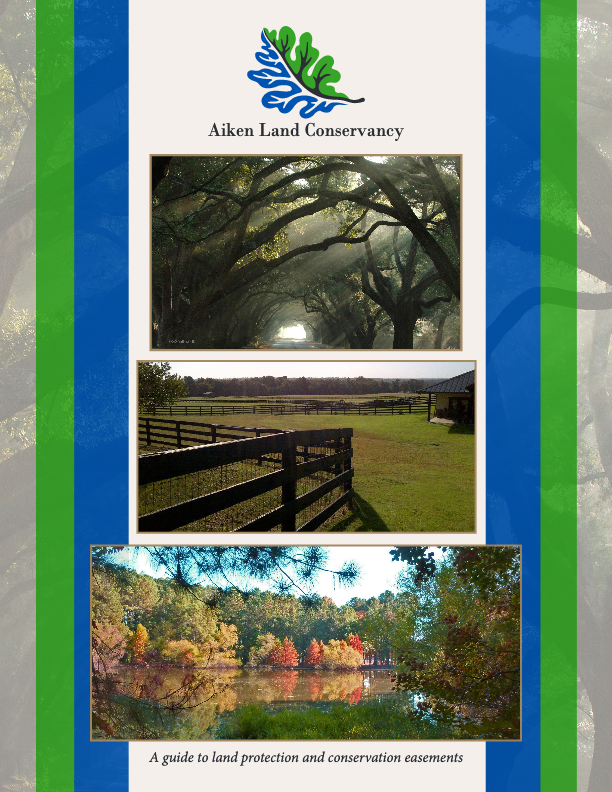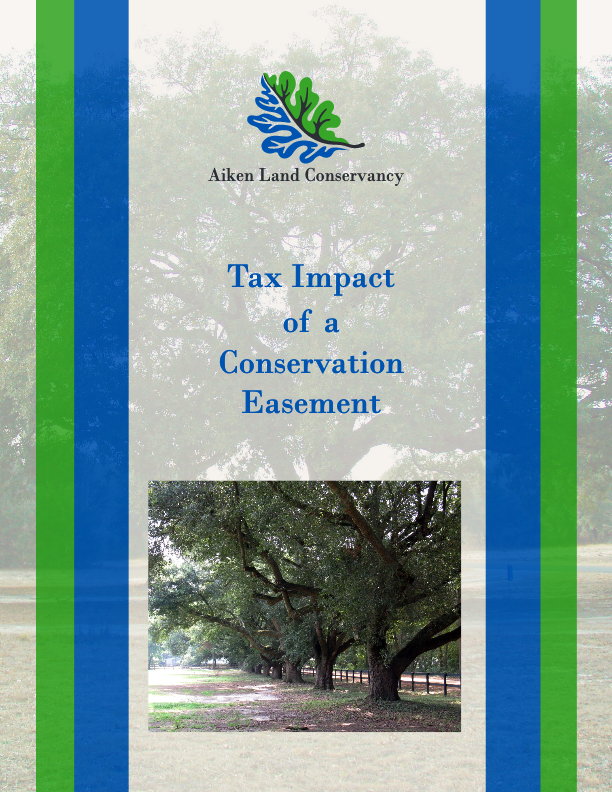The Conservation Easement
A conservation easement, the most traditional tool for conserving private land, is a legal agreement between a landowner and a land trust or government agency that permanently limits uses of the land in order to protect its conservation values. It allows landowners to continue to own and use their land, and they can also sell it or pass it on to heirs.
When you donate a conservation easement to a land trust, you give up some of the rights associated with the land. For example, you might give up the right to build additional structures, while retaining the right to grow crops. Future owners also will be bound by the easement’s terms. The land trust is responsible for making sure the easement’s terms are followed. This is managed through “stewardship” by the land trust.
Conservation easements offer great flexibility. An easement on property containing rare wildlife habitat might prohibit any development, for example, while an easement on a farm might allow continued farming and the addition of agricultural structures. An easement may apply to all or a portion of the property, and need not require public access. Please see the ALC factsheets on conservation easements and the process associated with establishing an easement.
Qualifying For A Tax Deduction
A landowner sometimes sells a conservation easement, but usually easements are donated to a land trust. If the donation benefits the public by permanently protecting important conservation resources, and meets other federal tax code requirements, it can qualify as a tax-deductible charitable donation. Easement values vary greatly; in general, the highest easement values result from very restrictive conservation easements on tracts of developable open space under intense development pressure. In some jurisdictions, placing an easement on your property may also result in property tax savings. Congress currently offers a Federal tax incentive for conservation easement donations. For more information, please see the "Tax Impact of a Conservation Easement" booklet shown on this page.
Reducing Estate Taxes
Perhaps the most important benefit, a conservation easement can be essential for passing undeveloped land on to the next generation. By removing the land’s development potential, the easement typically lowers the property’s market value, which in turn lowers potential estate tax. Whether the easement is donated during life or by will, it can make a critical difference in one’s heirs’ ability to keep the land intact.
Other Conservation Methods
Resale of Land
If you need to sell your land but don’t want to see it destroyed by development, ALC can help. Prior to the sale, you can work with ALC to place a conservation easement on the land before it goes on the market.
Donation of Land for Conservation
Donating land for conservation is one of the finest legacies a person can leave to future generations. If you choose to donate your land, ALC can work with you to identify the best arrangement. The Land Trust might retain ownership of the property as a permanent preserve or transfer the property to a suitable owner, such as a government agency. In some cases, the land might be sold to a private owner, subject to a conservation easement held by ALC. (Proceeds from such a sale could fund ALC’s long-term management of the conservation easement and/or help it to protect even more land.) The full market value of land donated to a nonprofit land trust is tax deductible as a charitable gift.
Bargain Sale
In a bargain sale, you sell your land to a land trust for less than its fair market value. This not only makes it more affordable for the land trust, but offers several benefits to you: it provides cash, avoids some capital gains tax, and entitles you to a charitable income tax deduction based on the difference between the land’s fair market value and its sale price.
Donation with a Lifetime Income
If you have land you would like to protect by donating it to a land trust, but you need to receive income during your lifetime, consider a charitable gift annuity or a charitable remainder unitrust. Charitable gift annuities and charitable remainder unitrusts are most useful for highly appreciated land, the sale of which would incur high capital gains tax.


